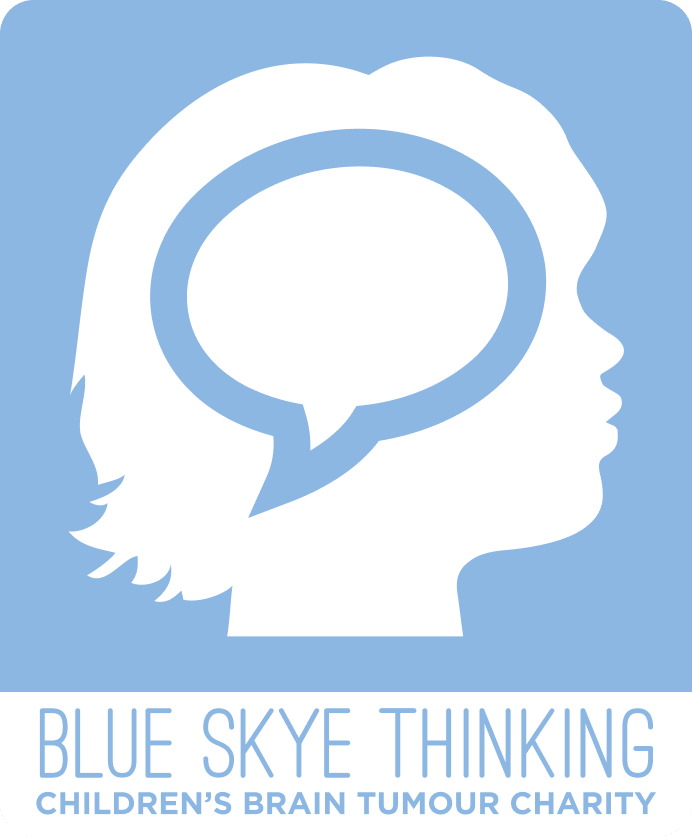
KNOW THE SYMPTOMS
10 children and teenagers are diagnosed with a brain tumour every week in the UK.
That's more than one a day. HeadSmart is raising national awareness of the common signs and symptoms of brain tumours in children and teenagers by equipping parents, the public and healthcare professionals with the information they need.
The goal is to reduce average diagnosis times of brain tumours to four weeks or less in line with NHS targets. Identifying tumours early reduces the chance of a child developing long term disabilities and can ultimately save their life.
Brain tumours are the leading cause of childhood cancer deaths in the UK - 58% of children aged 0-14 are diagnosed with a high grade brain tumour as an emergency. By raising awareness of the signs and symptoms, the campaign aims to reduce these figures. Please visit https://www.headsmart.org.uk
If your child is showing symptoms described on this website, this does not mean that they definitely have a brain tumour. These symptoms can have a variety of other causes, which may or may not be serious.
However, any child with symptoms that are unusual for him or her, or are persistent or unexplained should be checked by a GP. When you visit the doctor, consider showing the doctor the Headsmart website or other HeadSmart materials. See the Headsmart guide to getting the most out of your appointment with the doctor. Please remember that any child needing urgent medical help should be taken to the nearest emergency department. In an emergency dial 999.
These are symptoms more often seen in older children.
Children may not suffer ALL the symptoms listed and younger children may not be able to articulate them.
Please visit the HEADSMART website for more information about different age groups.
Additional symptoms to consider:
Information and graphics from Headsmart website.









